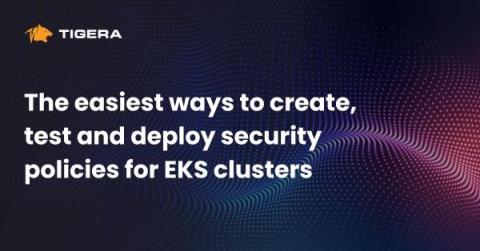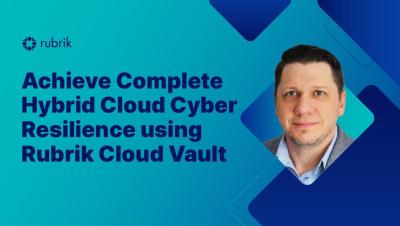Bolster Amazon EKS security with Calico's image assurance capability
The integration of cloud-native technologies like Kubernetes with public cloud platforms like Amazon EKS has ushered in a new era of scalable and efficient application deployments. However, this combination brings forth unique security challenges, especially concerning container images. Enter Calico Cloud’s Image Assurance – a comprehensive tool designed to bolster the security of your containerized applications on Amazon EKS.











